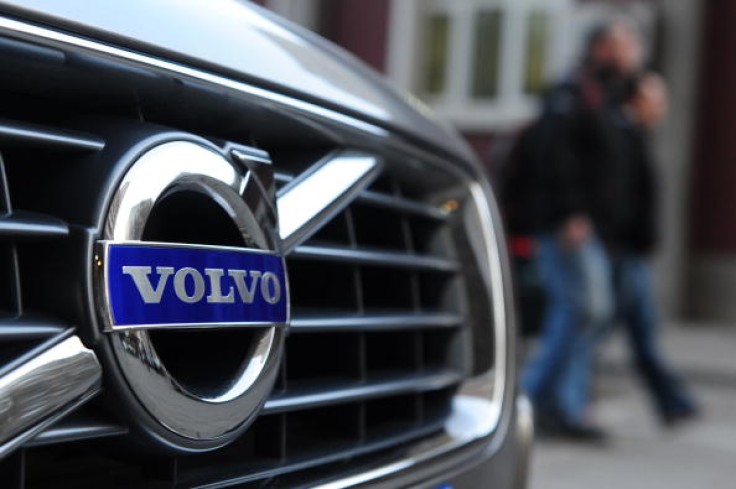Volvo will soon sell more electric vehicles come 2024.
The popular automaker recently announced it will produce its last diesel car sometime in early 2024, becoming "one of the first legacy car makers" to take such a step.
Volvo didn't mention which of its diesel car models will have the honor of having Volvo's last diesel car.
Going Permanently Green
Volvo mentioned in its announcement at this year's Climate Week NYC that it intends to end the production of all its diesel-powered Volvo car models sometime in early 2024. This decision follows the one it made last year, which had it exit the development of new internal combustion engine (ICE) vehicles.
The automaker's announcement is part of its efforts to achieve its goal of selling only fully electric vehicles (FEVs) and to be a climate-neutral company by 2040. To that end, Volvo sold its entire stake in Aurobay, the joint venture company that harbored Volvo's last ICE assets, since Nov. 2022.
It has also stopped spending its R&D budget on developing new ICEs, ensuring that it will focus entirely on the research and development of FEVs. Jim Rowan, Chief Executive at Volvo Cars, stated that the automaker is fully focused on creating "a broad portfolio" of premium, FEVs that deliver everything Volvo customers expect while still being a key part of its response to climate change.

"Electric powertrains are our future, and superior to combustion engines: they generate less noise, less vibration, less servicing costs for our customers and zero tailpipe emissions," Rowan said. "It is high time for industry and political leaders to be strong and decisive, and deliver meaningful policies and actions to fight climate change. We're committed to doing our part and encourage our peers as well as political leaders around the globe to do theirs."
Volvo's decision to end its production of diesel cars also helps its expenditures when manufacturing its vehicles. According to an article from Reuters, the majority of the cars Volvo sold in Europe in 2019 were diesel, though they now made 8.9% of the automaker's sales come 2022. With the automaker ceasing production of its diesel cars soon, it will sell either FEVs or petrol cars exclusively soon.
Automakers Transitioning To EVs
Volvo isn't the only automaker in the world to be transitioning to developing FEVs exclusively. According to a Protocol report, Stellantis, Volkswagen, Honda, General Motors, and BMW pledged to become carbon-neutral and ell FEVs exclusively in the foreseeable future.
Meanwhile, Toyota, Mazda, Hyundai, Subaru, and Ford are steadily replacing their ICE lineups with FEV ones at a slower rate, with some of them only introducing their FEV lineups this year. Toyota, for instance, only introduced its first widely available FEV, the BZ4X electric SUV, this year.
Most, if not all, of these automakers agree that EVs are more reliable, cost-efficient, and environmentally friendly, per Carcility. Not only that, but EVs also present a unique opportunity for automakers to flex their creative muscles and develop an electric car that looks quite different from anything people have seen thus far.
Related Article : BMW, Mercedes Unveil Concept Electronic Cars









